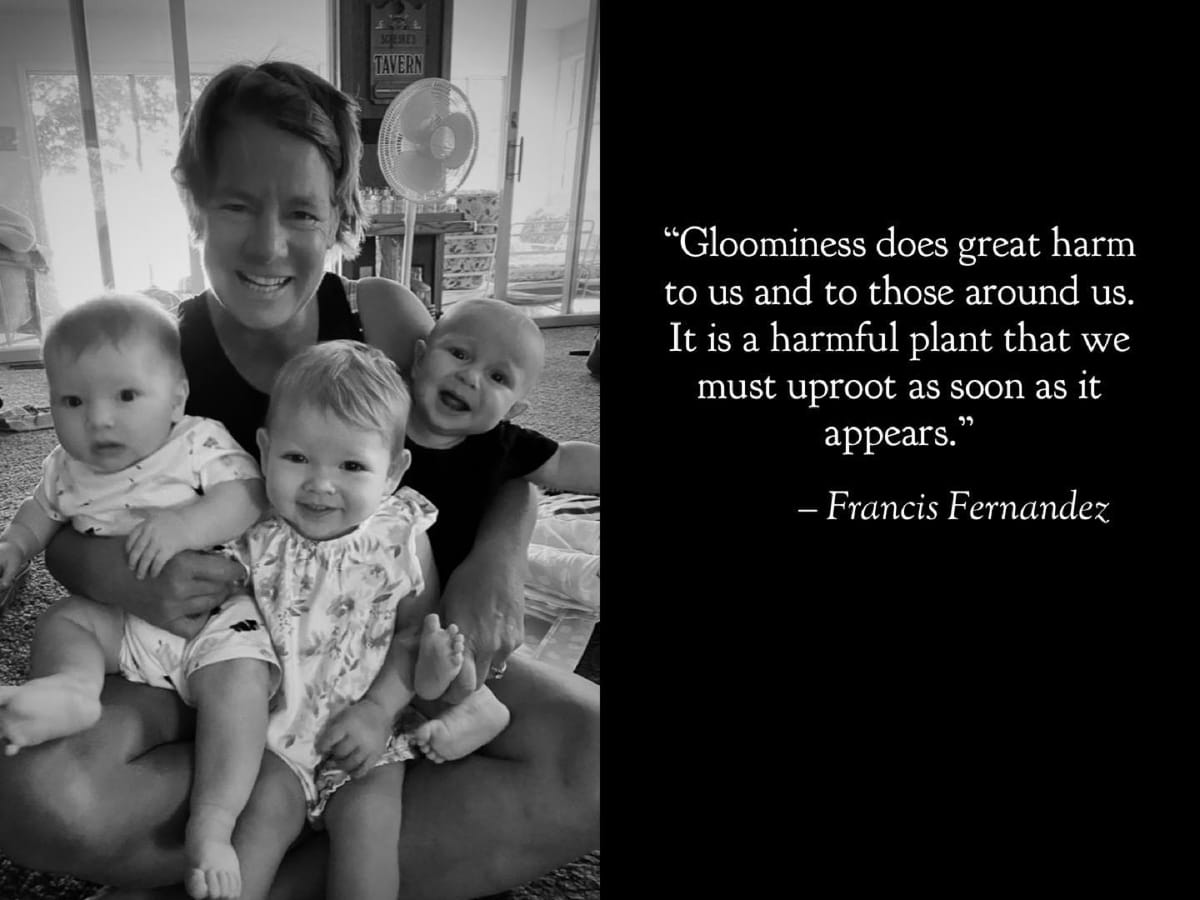When Did Cheerfulness Get So Miserable?
From The Spectator

We’ve all met the sort of facetious oaf who orders any non-giggling woman to ‘Cheer up, love, it might never happen’. As Timothy Hampton grasps, enforced cheeriness feels about as much fun as compulsory games. His invigorating book about the quest for true cheerfulness in literature and philosophy dismantles the various ‘prosthetic or counterfeit’ versions of the real thing that bullies, bosses, self-help gurus and household tyrants inflict on their victims. Jane Austen’s heroines, as he shows, chafe against the elevation of cheerfulness into a ‘social norm’. It suffocates them like stays: ‘Thou shalt be cheerful, at least if thou art woman.’
For sound reasons, the prospect of cheerfulness fails to gladden many modern hearts. When that epic grouch Theodor Adorno asked ‘Is Art Cheerful?’, his answer was no surprise. In Adorno’s stricken 20th century, ‘any gaiety in art’ implied ‘an avoidance of the pain of history’. Good cheer had withered into a fake fix peddled by self-improvement merchants, ‘an affective tool that can reconcile you to drudgery’ – or even a breakfast cereal with, aptly, a hole in the middle (General Mills launched Cheerios in 1941).
So Hampton, a professor of literature at Berkeley, has serious work to do when he sets out to rescue the legacy of cheerfulness from beaming charlatans and genial thugs. His study spans more than half a millennium of literary, philosophical and theological examples, from Julian of Norwich to Scott Fitzgerald, with a closing tribute to the genius who redeemed cheerfulness from kitsch: Louis Armstrong.
This isn’t a study of grander conditions such as hope, optimism or even happiness. Neither is it just a gloss on Stoic notions of equilibrium (euthymia and tranquillitas), though good cheer might stem from a well-balanced life. Hampton quotes Spinoza: ‘Cheerfulness cannot be excessive; it is always good.’ But the very fact that it ‘lives on the edge of… more intense emotions’ may make it invisible. Besides, the intellectual smart money has always invested in its perennially on-trend antitheses: melancholy, accidie, despair, ennui, Weltschmerz and their tribe of glum kin.
Metaphysicians and visionaries distrust cheerfulness as a transient, superficial quality – neither grounded in a stable state nor a key to transforming change. Exactly so: that’s what makes it valuable. It ‘bridges and mediates’ between interior and exterior selves. Its power works from the outside in. Forget your ‘essential’ nature or disposition. As Madame de Staël wrote: ‘What one does to please others ends up shaping what one feels oneself.’ This ‘performative’ aspect of cheerfulness Hampton reads not as a taint but a blessing. No one need be innately cheerful. Act it and you become it.
Read the rest at The Spectator
